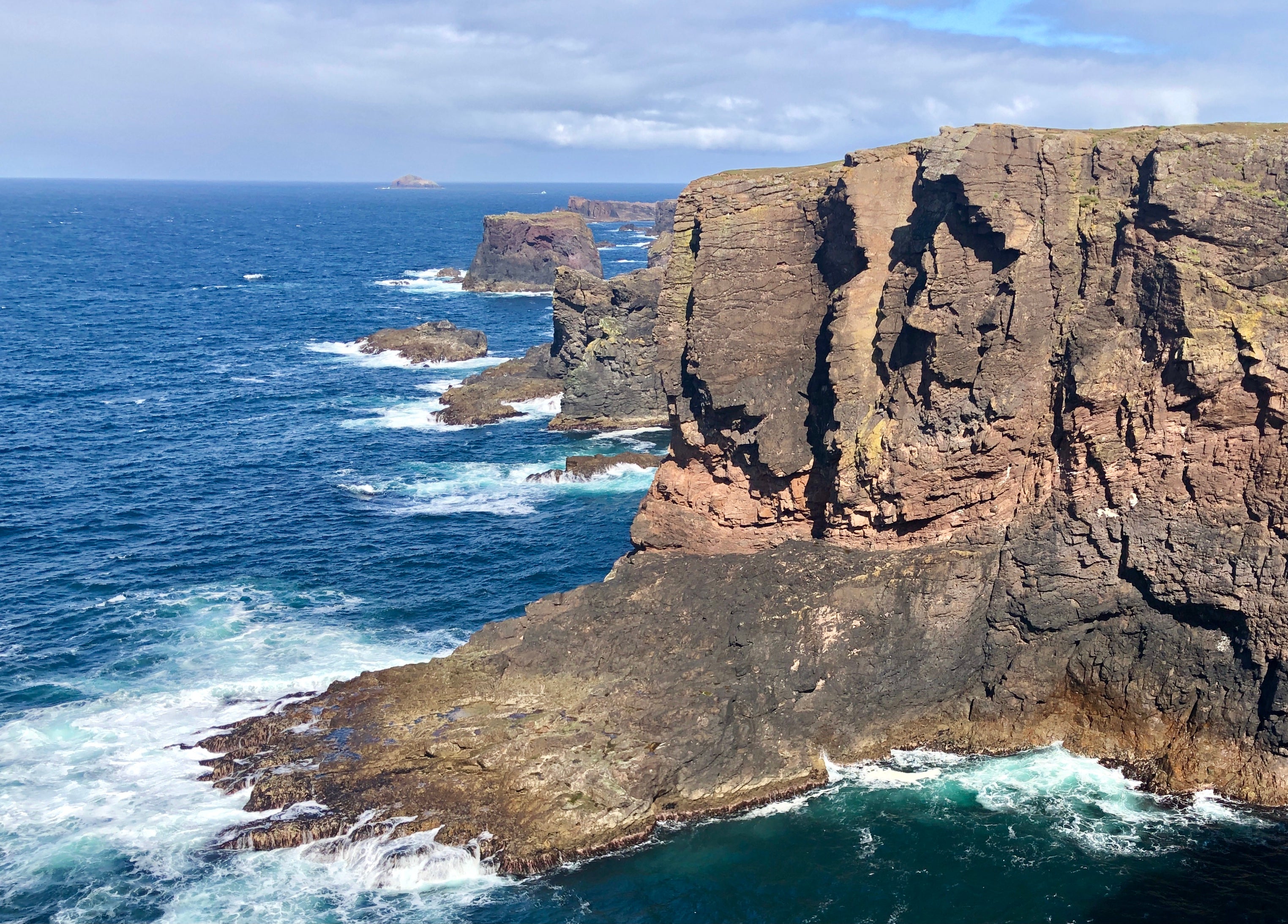Travel By Degrees
The Man Who Pays His Way: Could August in the deep south of Europe lose its appeal?

Your support helps us to tell the story
From reproductive rights to climate change to Big Tech, The Independent is on the ground when the story is developing. Whether it's investigating the financials of Elon Musk's pro-Trump PAC or producing our latest documentary, 'The A Word', which shines a light on the American women fighting for reproductive rights, we know how important it is to parse out the facts from the messaging.
At such a critical moment in US history, we need reporters on the ground. Your donation allows us to keep sending journalists to speak to both sides of the story.
The Independent is trusted by Americans across the entire political spectrum. And unlike many other quality news outlets, we choose not to lock Americans out of our reporting and analysis with paywalls. We believe quality journalism should be available to everyone, paid for by those who can afford it.
Your support makes all the difference.Simon Calder, also known as The Man Who Pays His Way, has been writing about travel for The Independent since 1994. In his weekly opinion column, he explores a key travel issue – and what it means for you.
“Stay inside, close all the windows and shutters” – that doesn’t sound much of a holiday to me. But as Alison Roberts, a journalist in northern Portugal, told BBC Radio Scotland, it is the official advice on how to cope with extreme heat afflicting the country’s interior – which had touched 47C in the Douro valley in the past few days.
“We’re seeing extreme danger of fire in the central and north interior of Portugal,” she told Lunchtime Live.
Across the border in Spain, according to the BBC forecast, the average high in Seville will be 35C or more for the next two weeks. Even at night the temperature will not drop below 20C at weekends.
The Spanish capital, Madrid, should feel fresher due to being the EU’s highest capital city. The altitude of 657m (2,156 feet) did not help much on Friday evening: the day’s temperature peaked at 7pm, reaching 37C – normal body temperature (98.6 F).
Nueve meses de invierno, tres meses de infierno is how the Madrileños describe their climate: nine months of winter, three months of hell.
The Met Office’s Annie Shuttleworth told The Independent that temperatures in parts of southern Europe could be 10C higher than average during a third summer heatwave.
All of which places the inhabitants of the south of the continent in a harrowing position. People who live in southerly latitudes year-round face the prospect of more extreme weather to come, together with the imminent danger of wildfires and the longer-term threat of chronic drought.
Holidaymakers, in contrast, have the benefit of choice about where to spend their time and money. Could British travellers decide that August in the deep south of Europe no longer appeals? The intense demand for travel to the Mediterranean right now suggests otherwise: on Saturday afternoon, seats from the London area to Malaga for travel on Sunday are averaging £250 one way, excluding baggage.
Yet as global leaders struggle with the possible consequences of climate change, an increasing prospect of being told to stay inside behind closed shutters (or, more likely, inadequate air-conditioning), should trigger a rethink.
It’s a matter of degrees: the relationship between latitude and temperature. There is far from a linear link, of course. Altitude and proximity to an ocean have a strong influence, and extremes of heat can occur in the strangest of places: just ask the people of Coningsby in Lincolnshire, holder of the highest temperature recorded in the UK (19 July 2022, 40.3C). That’s 104.5F in old money, though along the coast in Skegness it was a little more bracing on that searingly hot Tuesday.
Destination choices are made on all sorts of criteria: culture, cuisine, countryside… But if you take our two favourite nations for overseas travel, Spain and France, their mainlands cover a broad spread of latitudes: roughly 36 to 43 for Spain, 42 to 51 for France.
The beaches of Dunkerque in the far north of France are a match for those in the deep southwest beyond Perpignan, and for many British travellers easier and cheaper to reach. In Spain, the coast of Galicia in the far northwest is as enticing as the Costa del Sol, and the Atlantic ensures that air-conditioning is rarely considered.
As an August escape, I commend the one I made last year (partly because international travel was so tricky in those absurd “traffic light” times): Shetland, the northernmost realm of BBC Radio Scotland.
At 60 north, sun lotion is strictly optional. In the week ahead, there looks to be a steady high of 15C in the islands’ capital, Lerwick. And you can reach this astonishingly scenic and historic archipelago without flying. Next summer, you might recalibrate your journeys.
Join our commenting forum
Join thought-provoking conversations, follow other Independent readers and see their replies
Comments